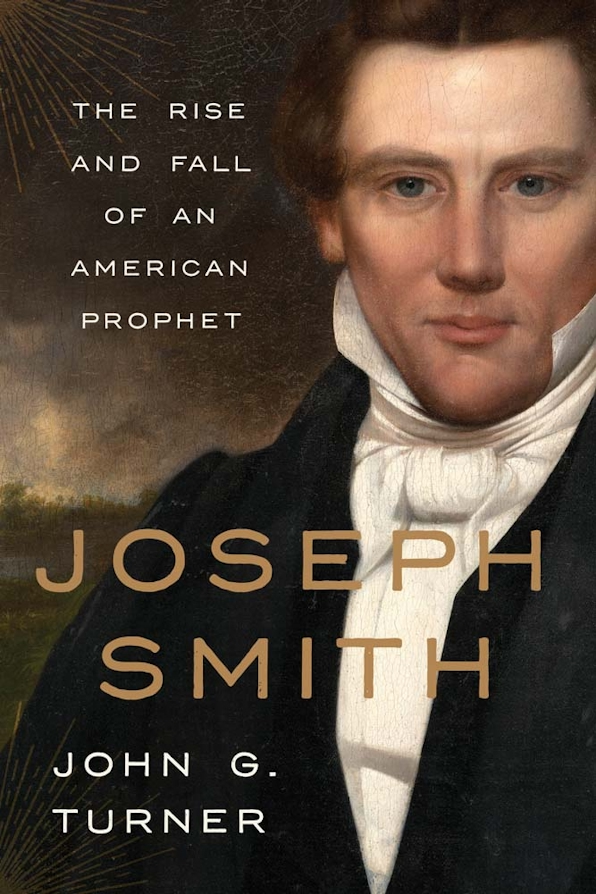The story is well-known but rarely told with such narrative precision. Distraught over sectarian conflict and desperate for assurance of salvation, young Joseph turned to prayer in a grove of trees. What followed was theophany: a vision of God the Father and Jesus Christ instructing him to join none of the existing churches, for all were corrupt. It was an audacious claim for a teenager with no formal theological training. But Smith’s genius, as Turner shows, lay not in invention ex nihilo but in recombination: folk magic, biblical typology, Protestant piety, and American exceptionalism all found new life in his revelations. Smith’s mystical tools—seer stones, dowsing rods, golden plates—may now seem arcane, but to his early followers, they testified to a porous world, alive with divine communication and sacred possibility.
Turner does not ignore the implausibilities—or the opportunism—of Smith’s early claims. He is clear, for instance, that there is no historical evidence for the existence of the golden plates from which the Book of Mormon was purportedly translated. But his focus is on the deeper drama: not whether Smith was lying, but how he built a community around his visions, held it together through crisis, and adapted his theology to the needs of a growing, often beleaguered church. He taught others how to receive visions and affirmed their dreams and ecstasies—until their revelations threatened his own. Then he drew the line.
One of Turner’s most compelling contributions is to show how Smith’s revelations became a mechanism for managing authority. From the outset, he encouraged spiritual gifts—visions, tongues, ecstatic prophecy—but when these experiences became too plural or too competitive, he asserted the singularity of his own divine mandate. Revelation, for Smith, was not only a mode of communion with God but a tool of governance. Turner describes this paradox with care: Smith fostered a fervent spiritual democracy while insisting on prophetic centralization. It was a high-wire act of institutional charisma, and for a time, it worked.
